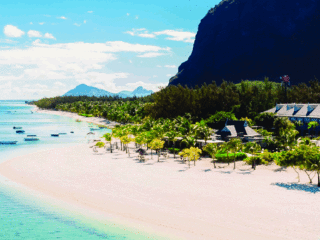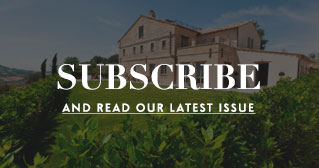
Ski Property in Austria on Snow-Sure Form
01.11.16In top skiing destinations, such as the US, Canada, Switzerland, Italy and France, the number of skiers has been heading down hill over the last three years, according to the latest findings by the World Travel and Tourism Council.
However, this decline in the winter sport’s popularity has one well-groomed location bucking the trend – Austria.
As long ago as 2010, industry surveys of ski property opportunities have described the Grande Dame destination as an "attractive prospect". Investment offerings have improved considerably since, and buyers are starting to wake up to the value of pine clad real estate in scenic resorts like Ischgl, Kühtai and St Anton.
A government shake-up in 2014 truly started the second-home snowball rolling with economic stimulus packages and tax incentives now making the country much more friendly to investment, both domestic and foreign, helped by historically low interest rates.
The country also boasts some of the most attractive ski resorts in the Alps and the fastest-growing summer tourism levels in the EU. Visitors can enjoy the same quality of skiing in high-altitude resorts as in the French Alps, but properties are 40-50% cheaper. Mountain homes are priced according to the quality of local skiing and the amount of rent they can generate, with healthy yield potential due to prudent residential tourism development.
But Austria has a further hidden strength – namely its broad-based investment appeal (compared to rival Alpine getaways France and Italy), with a high percentage of Non-EU citizens already eyeing and buying Austrian properties. A high annual repeat visitor ratio across keynote resorts is further driving local investment in tourism infrastructure and supporting growth in rental income. So much so, on the back of these positive numbers, industry insiders predict a continuation of the solid capital growth within the Austrian tourism property market for 2016/17: 16.5% in the last 4 years versus a fall of 5.7% in France (source: Knight Frank, June 2016).
Property purchase options are also varied in their offering which appeals to a wider, affluent investor pool. In selected resorts for example, certain new-build homes come with a rental obligation and the tax authorities waive the 20% VAT on the purchase price in return for the owner’s agreement to rent the property and support the growing numbers of visiting tourists. In this instance - the property is classified as a small business and the rental income may be used to service a mortgage with a local bank. Financing a part of one’s purchase in Euros and servicing the mortgage with Euro rental income acts as a ‘hedge’ against Sterling/Euro exchange rate fluctuations.
As for those with ‘wait and see’ Brexit jitters - should a British buyer’s status in Austria change once we have left the EU, non-EU citizens may buy Austrian properties through limited companies with a registered office inside the EU and there is no requirement for the shareholder to be a European citizen. Definitely food for investment thought…..
Abode Affiliates
COPYRIGHT © Abode2 2012-2024





















































































































































































































